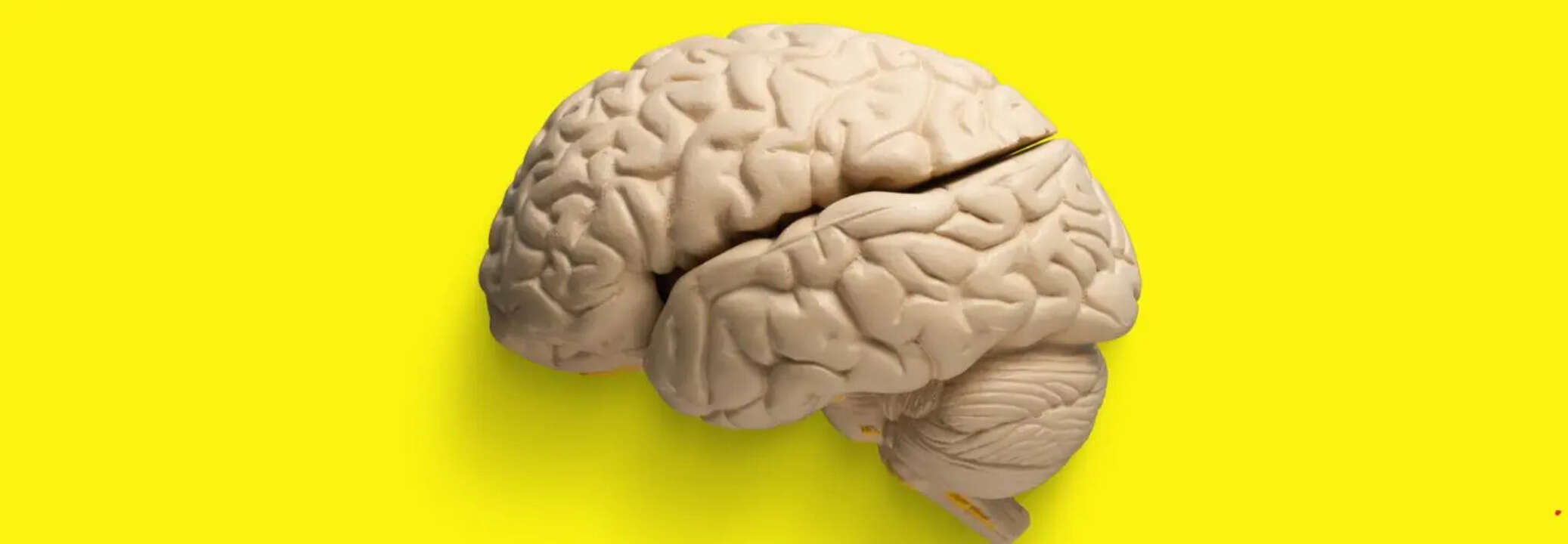Phones, Pollution, AI: What Is Driving Cognitive Decline In Humans?

Credit: Canva
SummaryWhile sleeping and cognition illnesses are thought to be the main reasons behind cognitive decline in humans, that is not the case.
End of Article

Credit: Canva